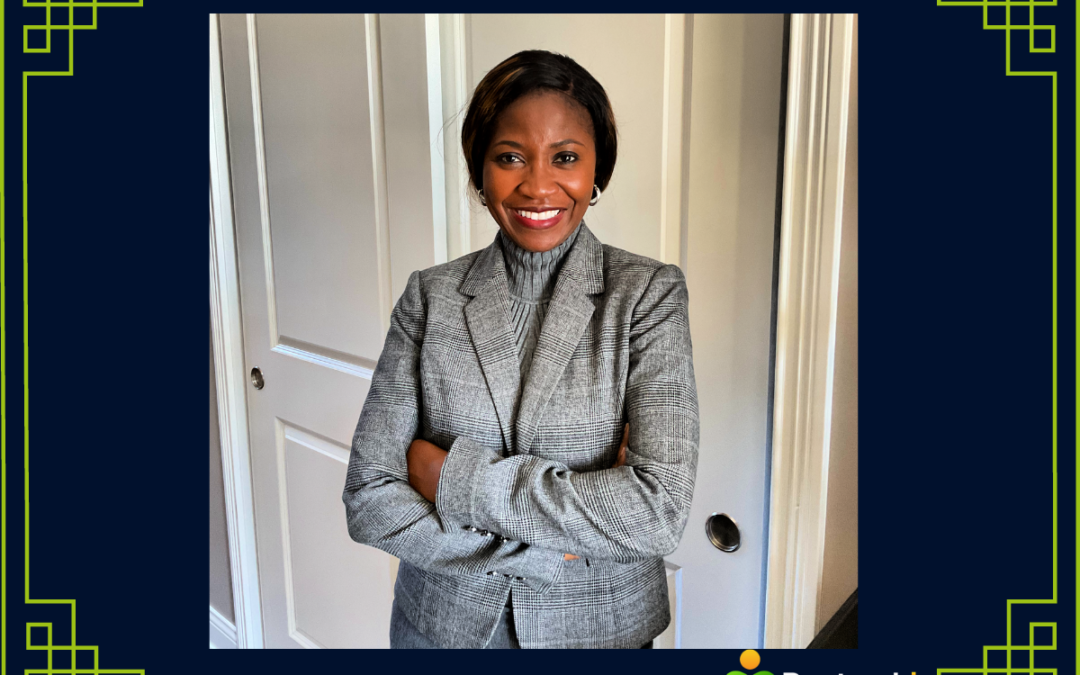Visualize this, it is close to the end of the year, and we are all scrambling to use our paid time off, so we don’t lose those hours when a new year rolls in. But, what if “use it or lose it” applies to our brain function too? For example, if a brain cell is not used, or if the brain cell cannot communicate with other cells in the brain, the cell dies and the brain loses some of its function.
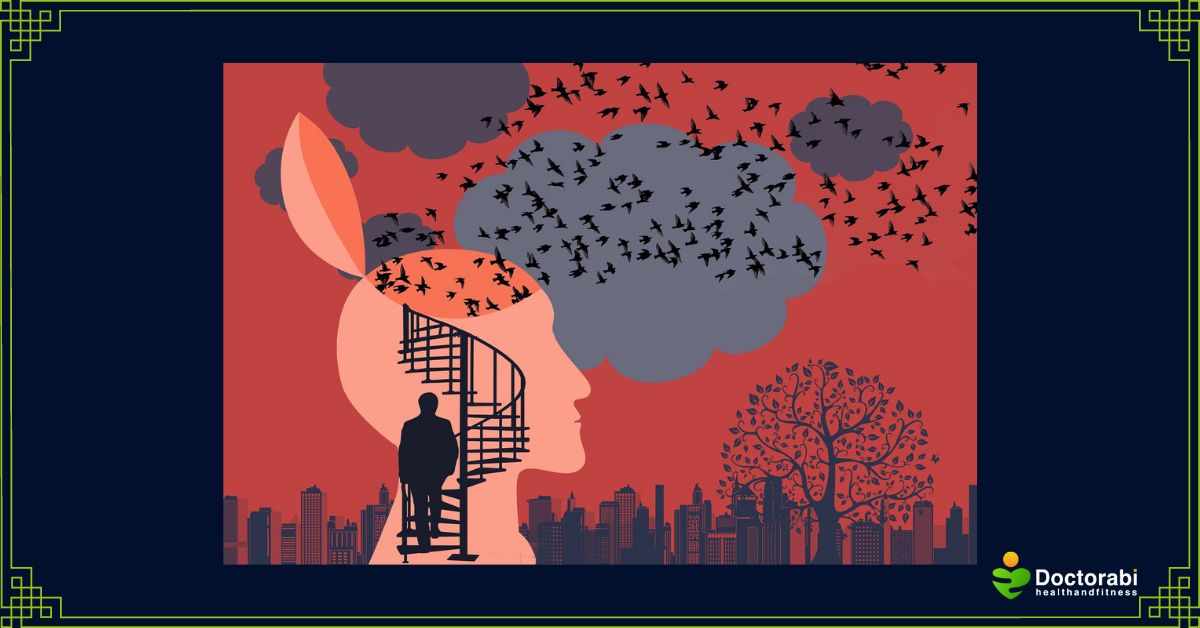
Animal studies show that the adult brain continues to produce new cells. To keep the cells alive, the animal must make efforts to learn. This learning process creates new networks with other brain cells to improve brain function. However, if learning does not occur when the cells are about a week old, the new cells will die, and the brain can lose some potential function.
Controversy exists as to whether the adult human brain produces new cells. More recent studies indicate that the hippocampus (a part of the brain that supports memory and learning) continues to produce new cells well into old age.
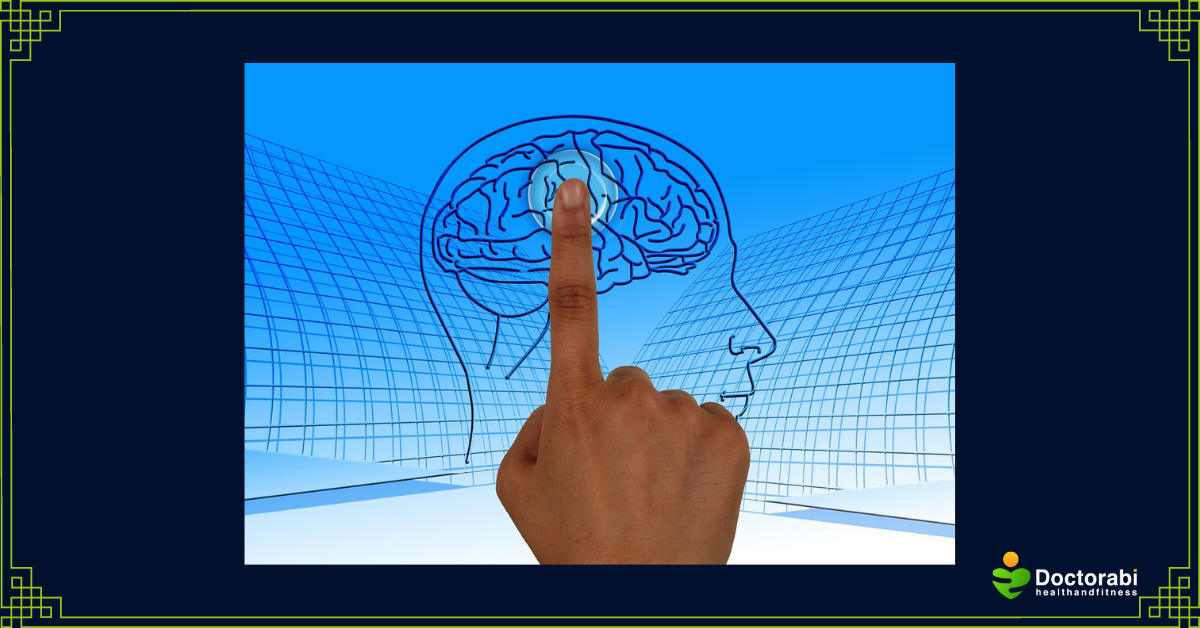
“Use it or lose it” and our brain
According to the Cambridge dictionary, “use it or lose it” describes something that you must use by a particular date, or you will lose the opportunity or right to have it.
Unfortunately, we all have a finite amount of time to use our brains. It is believed that the peak brain function occurs in our 30s, after which it starts to show a slight decline. The good news is that the more we use our brains, the longer it will take for the brain function to begin to decline.
Now, let’s look at how aging shows up and what we notice more and more as we get older.
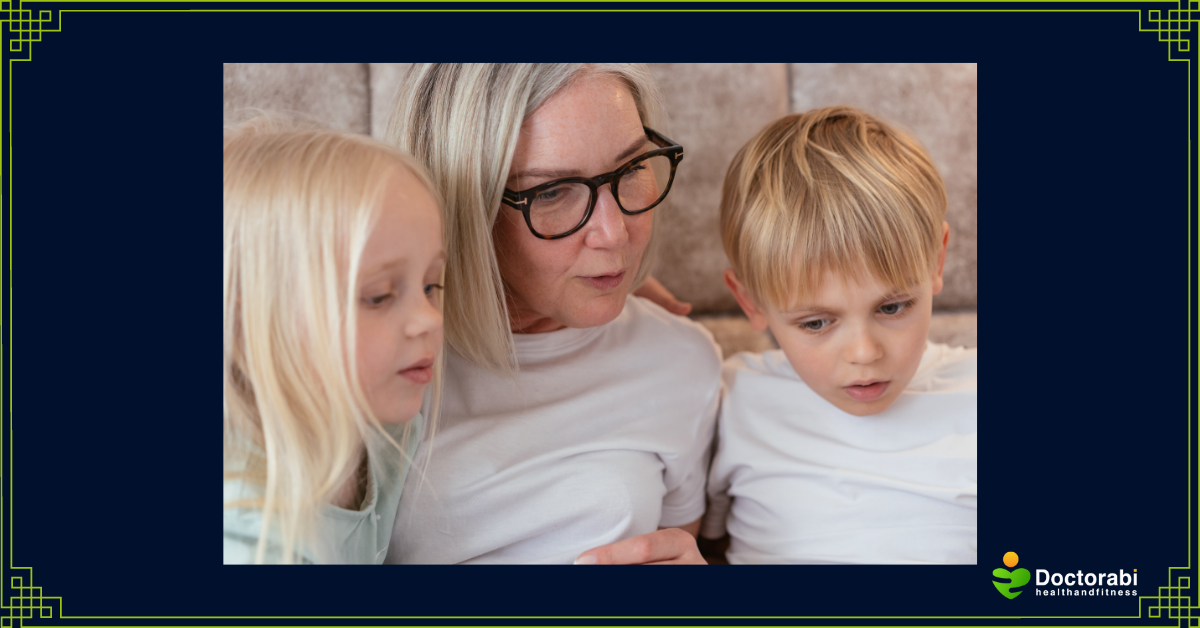
Signs of aging
Do you often forget recent events such as where you placed your keys or the name of the person you just met? One time, I securely put my car and house keys in the side pockets of my purse, and I spent hours searching for them. We may also experience other signs of aging, such as:
- Finding it more difficult to multitask.
- Processing information more slowly.
- Difficulty sustaining attention.
- Difficulty holding information in mind and finding the correct word to use.
- We start to forget episodic memories such as memories of our first day at school, etc. This decline starts from middle age onwards.
Fortunately for us, normal aging does not affect our routine memory, knowledge, and skills. It also does not affect vocabulary, reading, and verbal reasoning, which may improve as we get older.
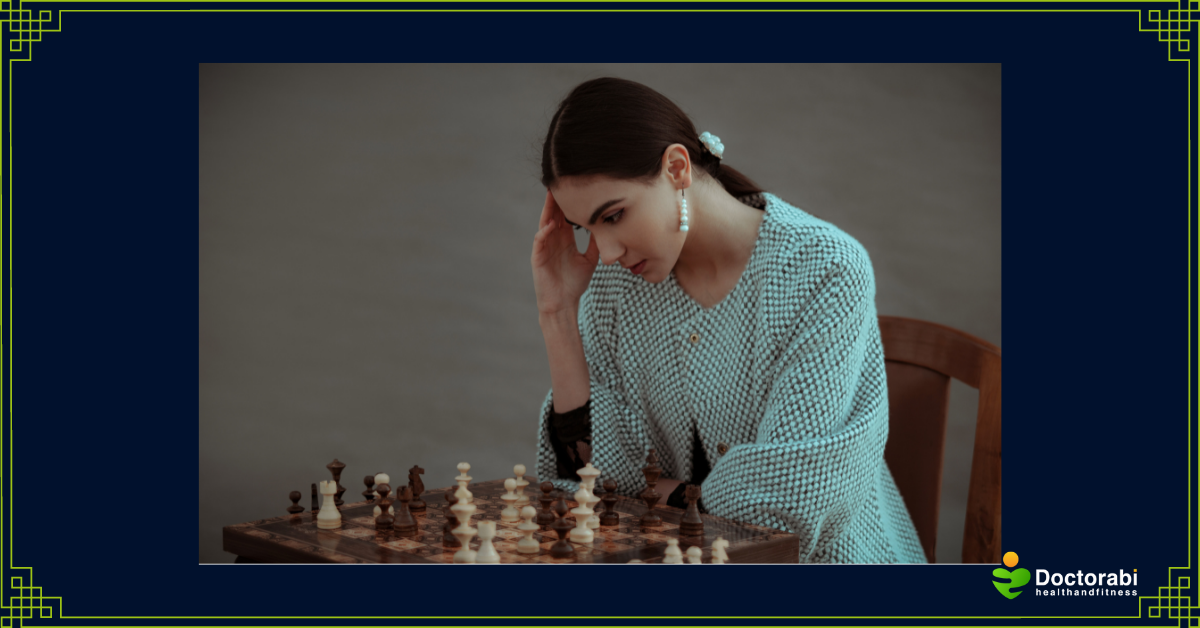
What happens in the brain as we age?
First, the brain shrinks in volume as we grow older. After age 40, our brain volume decreases by about 5 percent per decade. After age 70, the brain volume decreases even faster. To put this in context, assuming you are 40 years old now, by the time you are 70, you would have lost 15% of your brain volume.
Secondly, the walls of the blood vessels in our brain become stiffer. Furthermore, our blood pressures rise as we age, and we become more at risk for strokes. We also develop some lesions in the white matter of our brains.
Depressing, right? Fortunately, we have now identified some risk factors that speed up the aging process in the brain. And the good news is that we can easily modify these risk factors and reduce our risk of memory loss and dementia.
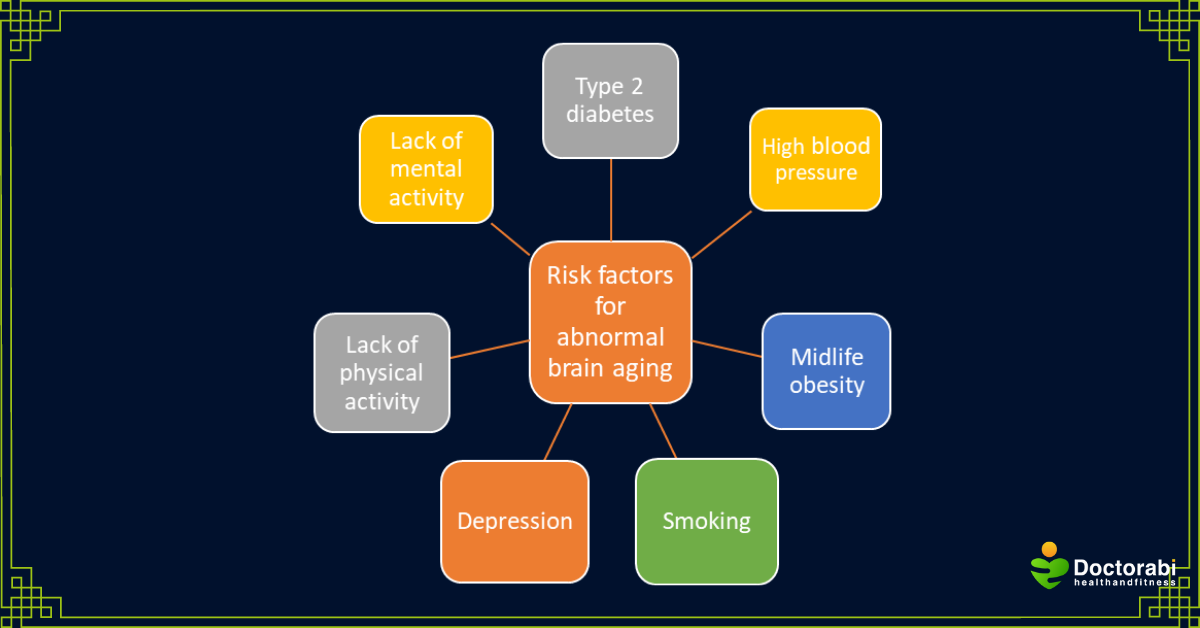
What can you do to keep your brain healthy?
Overall, eating well, being physically active, engaging in social activities, and keeping your brain engaged can promote your brain health. We should, however, keep in mind that the brain aging process can be different from one person to the next.
Here are seven things you can do to maintain your brain health and prevent or delay dementia.
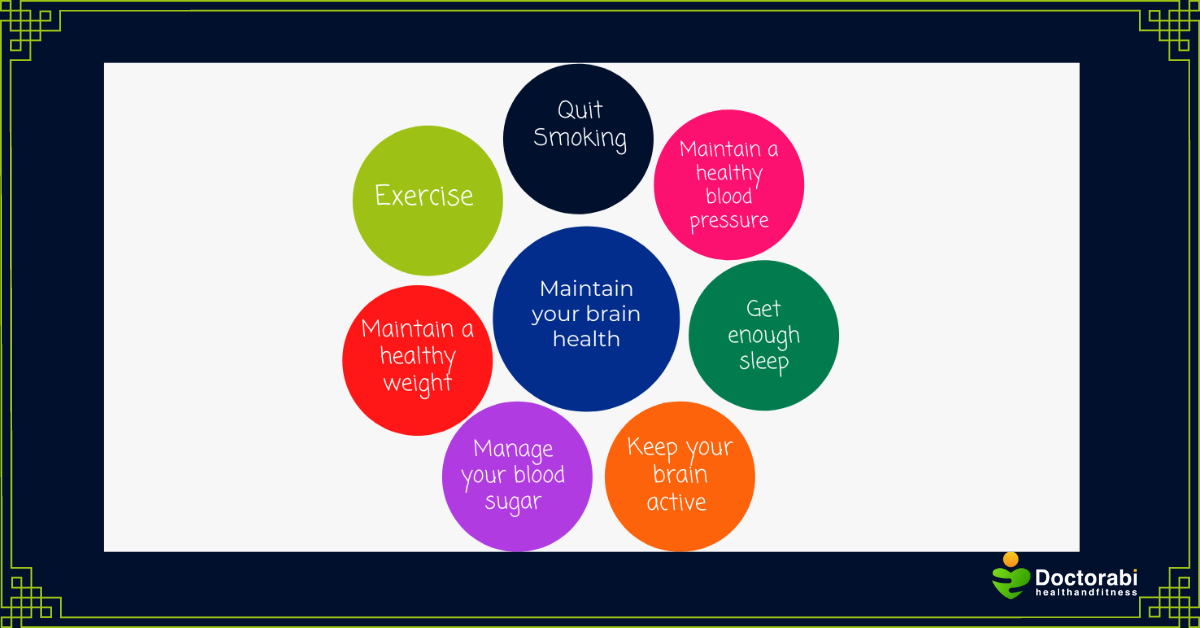
Can you store up brainpower?
Yes. It so happens that you can! You can increase your brain reserve so that, as you age, there is more leftover brain function. Think of it like this. The more brain capacity you have, the longer it will take the aging process to progress through your brain. So why not?
Here are four ways and examples to help you build your brainpower.
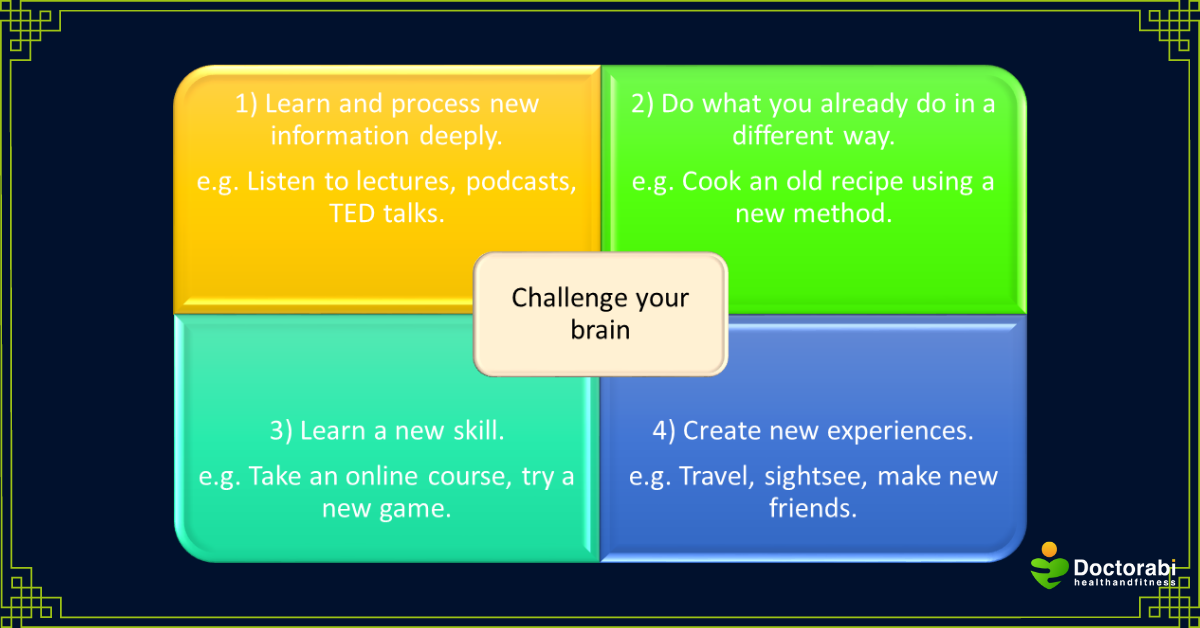
As a matter of fact, anything that challenges you intellectually causes your brain cells to create new connections or causes your existing connections to operate more efficiently.
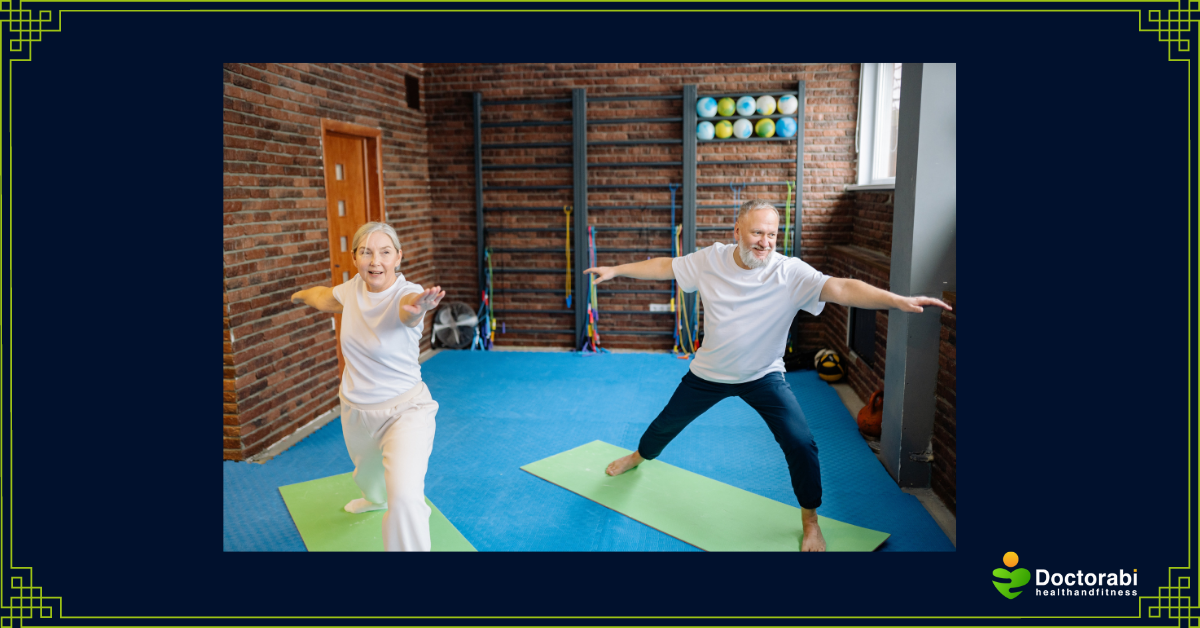
In summary, you can improve your brain health by choosing a healthy lifestyle and by challenging your brain in new ways every day. Ultimately, you will enjoy your life better as you learn more fun and interesting new things.
Final thoughts
First, in what new ways can you mentally challenge your brain? Who knows what you will create or produce as you challenge your brain even more? Remember, you are doing your brain a favor when you keep it mentally stimulated!
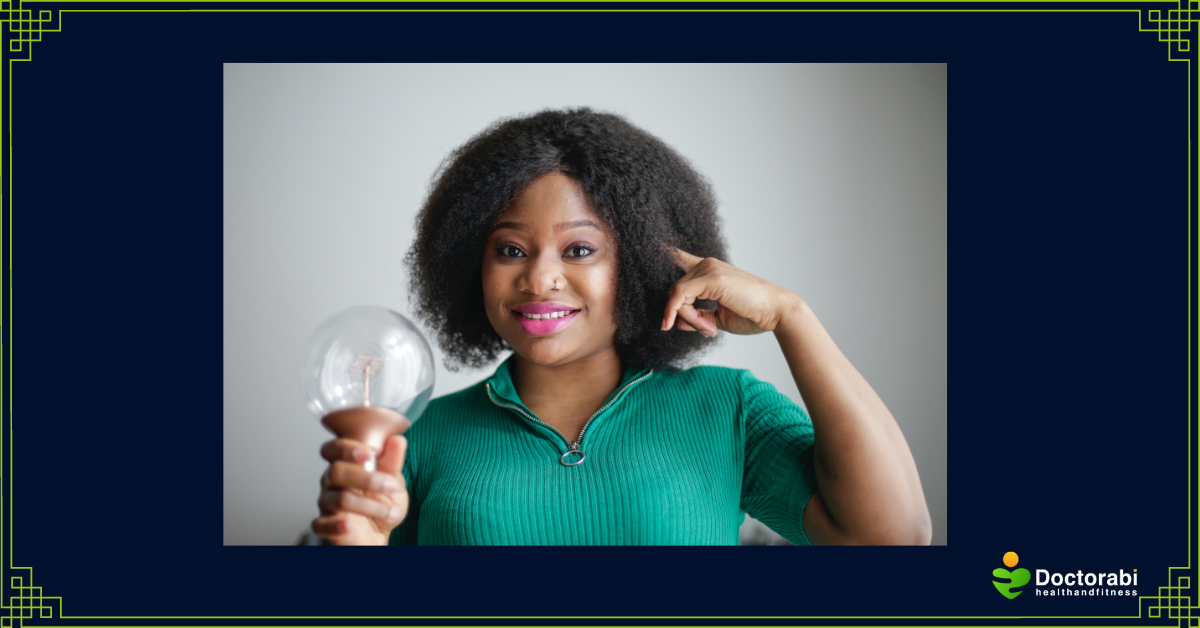
Secondly, do you possess an unused talent? Use it or lose it also applies to your God-given talents? We have all heard the saying about the graveyard being the wealthiest place on earth. Think about the unwritten books, the uncreated products, the unformed relationships, and actions that could have impacted generations. I recently read a very impactful book that was originally written in 1910. And I wonder if I would have gained the same knowledge now had the author not written the book over a century ago.
Finally, what do you have that you are not using? What is stopping you from using that thing? Think this through – To whom much is given, much is expected. Don’t be like the servant in the Bible who buried his one talent out of fear (Matthew 25:14-30). Today is the day to take the plunge and start using your buried talents, gifts, and resources. Remember, you only have a finite time to use it, so use it or lose it!
Please feel free to share your thoughts and comments below. Also, feel free to share this article with others so we can all keep our brains fresh and young while we make our world a better place.
Yours in health and fitness
Dr. Abi.

